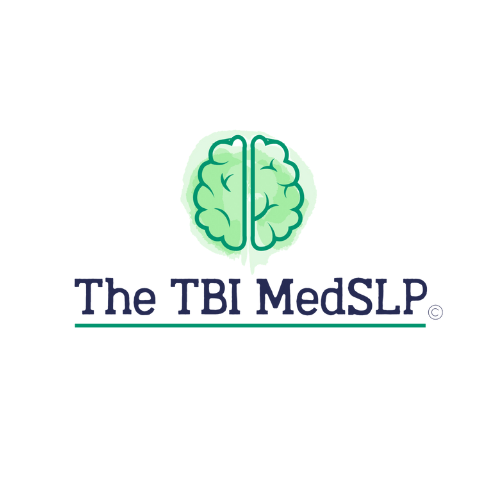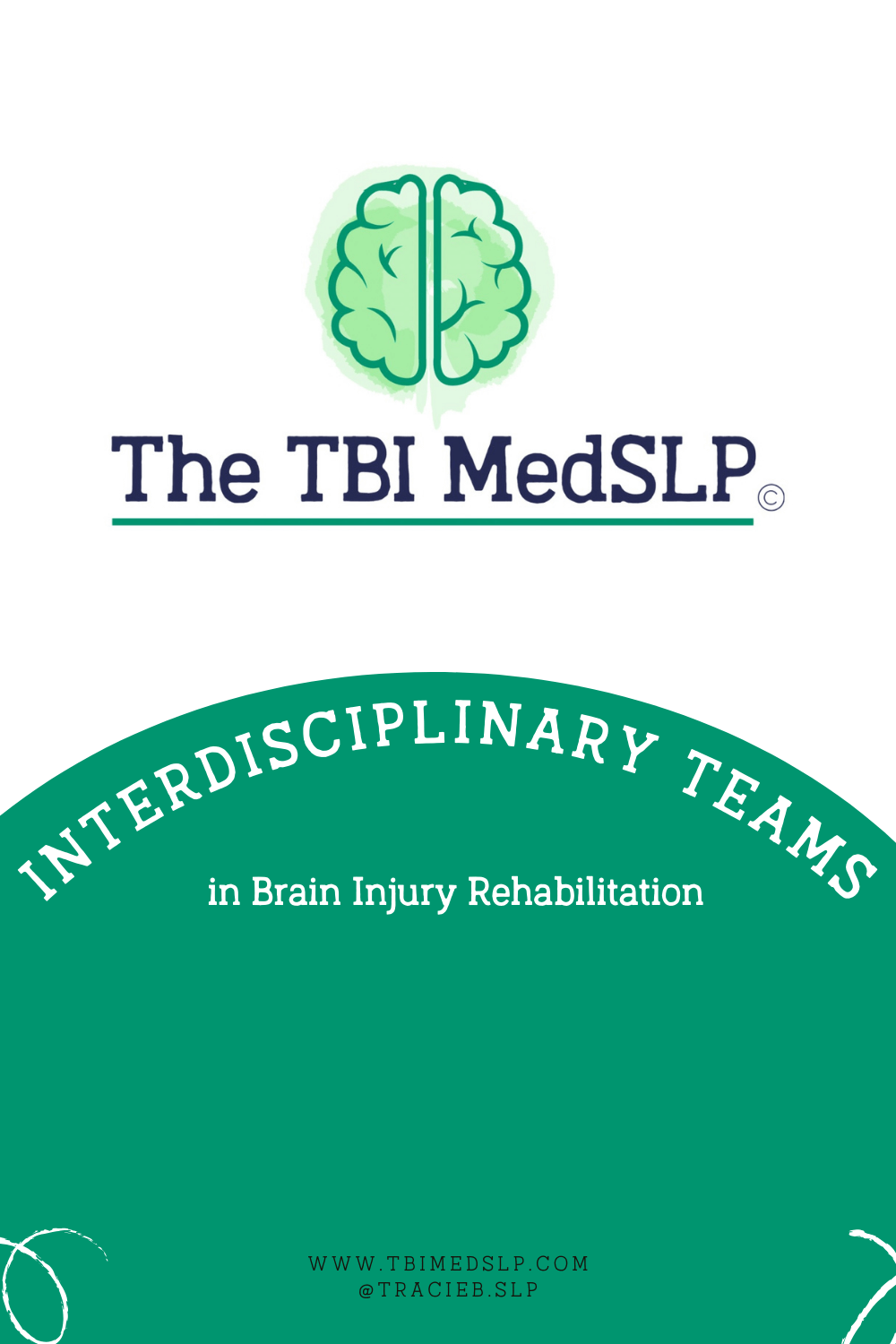Revolutionize Recovery: The Role of Interdisciplinary Teams in Brain Injury Rehab
In a groundbreaking approach to brain injury treatment, the power of collaboration comes to the forefront. With a focus on interdisciplinary teamwork, we can harness the expertise of professionals from various fields. This transforms the management of brain injuries. By combining specialized knowledge, the potential for improved outcomes is unparalleled.
Interdisciplinary collaboration in brain injury treatment involves bringing together professionals from various fields. These fields include neurology, psychology, physical therapy, speech pathology, and occupational therapy. These experts work together to develop comprehensive treatment plans that address the needs of each patient. By sharing their insights, skills, and experiences, they can provide a holistic approach that integrates medical, psychological, and rehabilitative interventions.
The benefits of this collaborative approach are diverse. Combining their knowledge and skills, interdisciplinary teams can develop more accurate diagnoses and patient-centered treatment plans. They can also provide a more comprehensive assessment of a patient's overall well-being. They take into account not only physical but also cognitive and emotional aspects.
Through the power of collaboration, the field of brain injury treatment is undergoing a transformative shift. This approach not only increases the chances of successful recovery but also ensures a better quality of life for patients and their families.
The limitations of traditional treatment approaches
Brain injuries can have devastating effects on individuals and their families. Brain injuries are a result of trauma, such as a car accident or a fall. They may be a result of medical conditions like strokes or tumors. These injuries can result in a range of physical, cognitive, and emotional impairments. The brain is a complex organ and disruption to it's connections happen in various ways. This can lead to significant challenges in daily functioning.
Traditional treatment approaches have often focused on addressing isolated symptoms rather than taking a holistic view of the patient's condition. This fragmented approach has limitations. It fails to consider the interconnected nature of brain functions and the impact of different domains on overall well-being. It is here that interdisciplinary collaboration emerges as a game-changer in brain injury treatment.
The benefits of collaboration in brain injury treatment
Traditional treatment approaches for brain injuries involve specialists working in isolation. Each expert focusing on their respective areas of expertise. While this approach may yield some positive results, it often fails to address the complex nature of brain injuries as a whole. For example, a neurologist may focus on the physical aspects of the injury. A psychologist may concentrate on the emotional and cognitive implications. This individual approach can lead to fragmented care and missed opportunities for synergistic interventions.
Furthermore, traditional treatment approaches often lack a holistic assessment of the patient's well-being. While physical rehabilitation may be the primary focus, cognitive impairments or emotional distress may go unnoticed or receive inadequate attention. This limited scope can hinder the overall recovery process and impact the patient's long-term outcomes.
Key members of an interdisciplinary brain injury team
Interdisciplinary collaboration in brain injury treatment brings together professionals from various fields. These include neurology, psychology, physical therapy, speech pathology, and occupational therapy. Combining the expertise of these diverse specialists, we can achieve a more comprehensive and integrated approach to treatment. The benefits of collaboration in brain injury treatment are numerous.
Interdisciplinary teams can provide more accurate diagnoses. By pulling together their collective knowledge and conducting comprehensive assessments in all areas. These teams can uncover subtle symptoms and identify underlying issues that are often overlooked in a single-discipline approach. This comprehensive understanding enables them to tailor treatment plans to the specific needs of each patient. This maximizes the chances of successful recovery.
Also, collaboration allows for a more holistic assessment of a patient's overall well-being. By considering not only physical impairments but also cognitive, emotional, and social factors, interdisciplinary teams can develop treatment plans. These plans address the complex needs of the patient. No area of recovery becomes overlooked in a comprehensive approach. This approach leads to better long-term outcomes and an improved quality of life.
The role of each team member in the treatment process
An interdisciplinary team in brain injury treatment comprises various professionals. Each professional brings their unique perspectives and expertise to the table. While team composition may vary depending on the specific needs of the patient, common key members found in these teams are:
1. Neurologist: A neurologist specializes in diagnosing and treating diseases and conditions related to the nervous system, including brain injuries. They play a crucial role in assessing the physical aspects of the injury, monitoring neurological functions, and prescribing appropriate medications.
2. Psychologist: A psychologist focuses on the psychological and emotional well-being of the patient. They assess cognitive functioning, emotional distress, and behavioral changes resulting from brain injury. Psychologists provide psychotherapy and counseling to help patients cope with the emotional challenges they may face.
3. Physical Therapist: A physical therapist assists patients in regaining physical functioning and mobility affected by the brain injury. They design exercise programs, provide hands-on therapy, and educate patients and their families about adaptive techniques and assistive devices.
4. Speech Pathologist: A speech pathologist specializes in assessing and treating communication, cognition, and swallowing disorders following a brain injury. They work with patients to improve their speech, language, cognitive, and swallowing abilities. This enhances the patient's functional independence in daily life.
5. Occupational Therapist: An occupational therapist specializes in assessing and treating the necessary skills for daily living and returning to meaningful activities.
Each member of the interdisciplinary team plays a crucial role in the treatment process. The team works collaboratively to address the diverse needs of brain injury patients.
The neurologist takes the lead in diagnosing and managing the medical aspects of the brain injury.
Neurologists:
oversee the patient's neurological care
conduct tests and imaging
prescribe medications
monitor progress
Working closely with other team members, they ensure that the treatment plan aligns with the patient's overall goals.
The psychologist focuses on the emotional well-being of the patient.
Psychologists:
Assess cognitive and emotional challenges,
Offer counseling and psychotherapy, and
Provide strategies to manage stress, anxiety, and depression
The psychologist collaborates with other team members to promote a holistic approach to recovery.
The physical therapist is responsible for addressing the physical impairments resulting from the brain injury.
Physical therapists develop customized rehabilitation programs that target:
specific motor skills
balance
coordination
PTs also educate patients and their families on safe and effective techniques to maximize physical recovery.
The speech pathologist assesses and treats communication, cognitive, and swallowing disorders.
Speech Therapists work with patients to:
Improve speech and language abilities
Improve cognitive skills
Develop alternative communication strategies if necessary
Provide swallowing therapy to improve safety and efficiency during eating and drinking
The speech pathologist collaborates with other team members to ensure a cohesive treatment plan.
Occupational therapists assess and treat the necessary skills for daily living and returning to meaningful activities.
Occupational therapists work with patients to:
Improve their ability to perform everyday activities. These activities include dressing, bathing, cooking, and personal care
Assess the need for adaptive techniques and equipment to improve independence
Use exercises and activities to improve fine motor control and coordination
Importance of Synergy and Multidisciplinary Collaboration:
The science of synergy is at the heart of effective brain injury recovery. By bringing together professionals from various disciplines, an interdisciplinary team can provide comprehensive and holistic care that addresses the complex challenges faced by individuals recovering from brain injuries.
Neurologists, physical therapists, occupational therapists, speech therapists, and psychologists each play an important role in the recovery process.
Through collaboration and the sharing of expertise, interdisciplinary teams can:
develop personalized treatment plans
tailor interventions to the specific needs of each individual
track progress more effectively
The power of synergy is evident in the success stories of individuals who have benefited from interdisciplinary team approaches. These stories highlight the positive impact that collaboration and comprehensive care can have on individuals' lives, leading to better outcomes and improved quality of life.
By understanding the science of synergy and recognizing the value of an interdisciplinary team, we can pave the way for more successful brain injury recovery journeys. Through collaboration, expertise, and a shared commitment to improving individuals' lives, interdisciplinary teams can make a significant difference in the field of brain injury rehabilitation.
Conclusion
The importance of interdisciplinary teams in transforming brain injury treatment.
The future of brain injury treatment lies in the continued evolution and expansion of interdisciplinary collaboration. As research and technology advance, new insights into brain injury management will emerge. This requires a multidisciplinary approach to stay at the forefront of the field.
Collaboration will play a pivotal role in harnessing these advancements and translating them into practical, patient-centered care.
Interdisciplinary teams can continue to transform the way for brain injury treatment by:
combining expertise
sharing best practices
embracing innovative treatments
This approach improves outcomes and quality of life for patients and their families.







